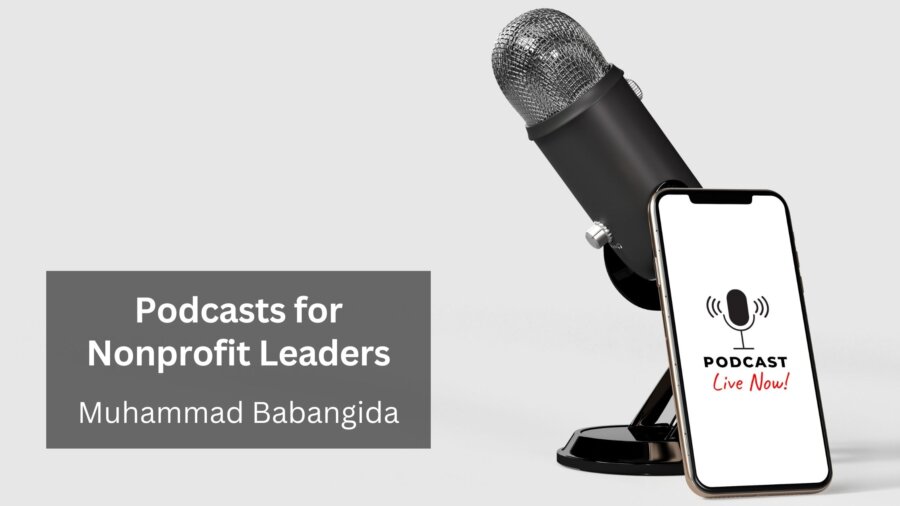Volunteering as a family is a powerful way to connect with one another, make lasting memories, and contribute to the well-being of your community. Not only does it provide an opportunity to teach kids the importance of giving back, but it also fosters stronger family bonds through shared experiences. Whether helping out at a local food bank, cleaning up a park, or serving meals at a shelter, volunteering offers a unique chance to come together and make a positive impact. Here’s how volunteering as a family can strengthen relationships while making a difference.
1. Shared Experiences Build Stronger Connections
When families volunteer together, they create meaningful memories and experiences that they can cherish. Working together on a common goal—whether it’s assembling care packages for those in need or helping out at a community event—allows family members to bond over shared tasks. These shared moments foster a sense of teamwork and cooperation, which strengthens familial relationships and helps improve communication. Volunteering as a family encourages open dialogue and creates opportunities for positive interactions, making it easier for everyone to connect.
2. Teaching Empathy and Compassion
One of the greatest benefits of volunteering as a family is the opportunity to instill values like empathy and compassion in children. Volunteering exposes kids to diverse people and situations, helping them develop an understanding of the challenges others face. Through their involvement, children learn that giving back is an important part of being a responsible, caring individual. Parents can use volunteer experiences as teachable moments, guiding their children to reflect on the impact of their actions and encouraging them to appreciate the privileges they have. As a result, kids grow up with a greater sense of social responsibility and a deeper understanding of the world around them.
3. Strengthening Family Communication
Volunteering encourages families to work together to achieve a common goal, which often requires problem-solving, coordination, and collaboration. These experiences help improve communication skills among family members, as they must share ideas, delegate tasks, and discuss different perspectives. Working together on volunteer projects allows families to practice active listening, respect for one another’s opinions, and teamwork, all of which are essential to maintaining healthy relationships.
4. Creating a Family Tradition of Giving
When families volunteer together, they set an example of generosity that can become a family tradition passed down through generations. By incorporating volunteering into family activities, parents can show their children that giving back is just as important as personal achievements and celebrations. This creates a culture of kindness and altruism that children are likely to carry into adulthood. For example, families might volunteer during the holidays, organize fundraising events, or dedicate time each month to support a local cause, solidifying the importance of helping others as part of their family values.
5. Boosting Family Well-being
Volunteering as a family also has mental and emotional benefits. Helping others and contributing to positive change can increase feelings of fulfillment, purpose, and satisfaction. Families who volunteer together often report feeling more connected to one another, their community, and the world at large. Volunteering also helps reduce stress and increases happiness by promoting a sense of accomplishment and the joy that comes from making a difference.
Conclusion
Volunteering as a family is an enriching experience that strengthens bonds, teaches important values, and positively impacts the community. Through shared experiences, empathy, and communication, families can come together to support causes that matter to them, creating lasting memories and a tradition of giving. By giving back as a family, you not only make a difference in the lives of others but also foster deeper connections within your own family. Volunteering offers a unique opportunity to grow together, giving back while growing stronger.






